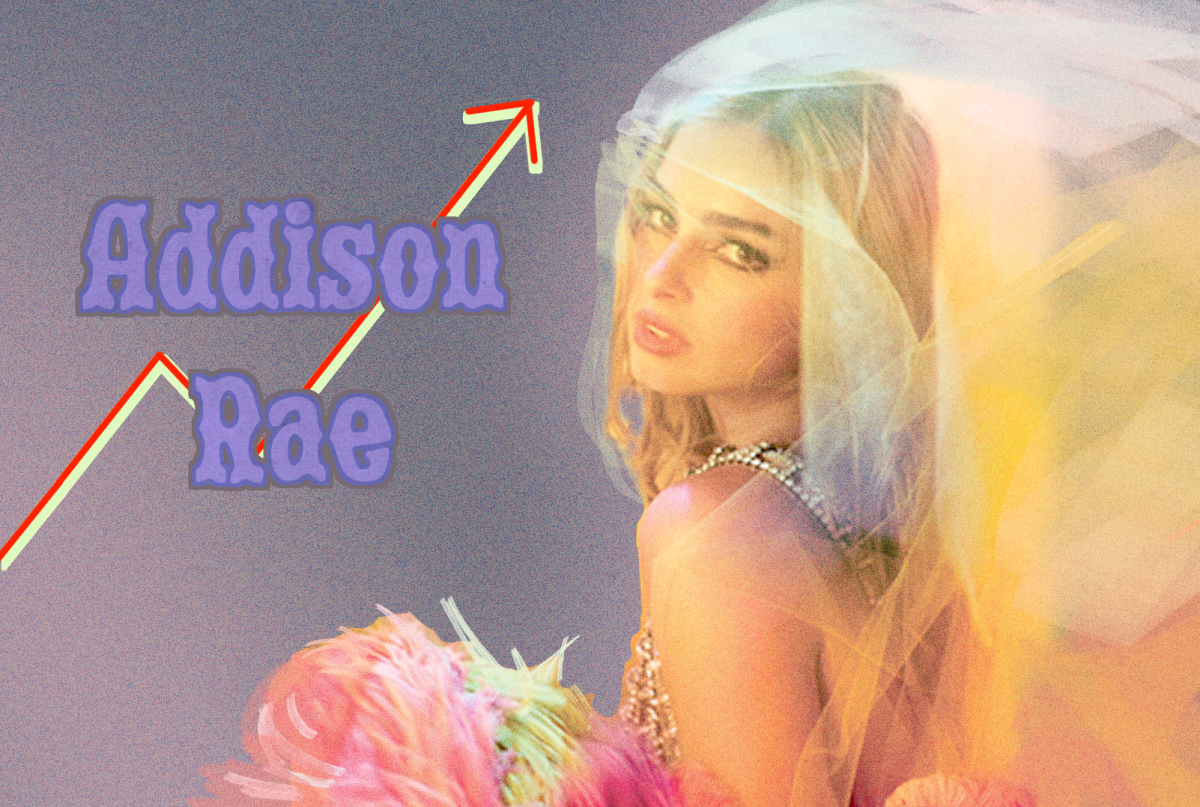Though its storyline lacks innovation, Dawn of the Planet of the Apes mixes its clichés in the best way possible. The film is packed with emotionally rich dynamics between humans and apes and amongst each other, and even though the premise of the movie is nothing new, it includes powerful political commentary, which is especially relevant in today’s world.
Dawn of the Planet of the Apes takes place a decade after the Simian Flu outbreak, a virus created by humans to combat Alzheimer’s disease. A small colony of human survivors live in San Francisco. Just beyond the city, in the woods, genetically developed apes have created their own domain. When the humans need to fix a broken dam near the apes’ territory in order to generate electricity and contact other humans, the two colonies reach a delicate peace.
Yet when the good-natured diplomacy of the few is not enough to combat the transgressions made on each side, the peace is broken, and a battle ensues to decide which species will become the next dominant species of Earth.
The acting in Dawn of the Planet of the Apes is commendable. The actors who play humans hold their own, but the acting of the apes is far more compelling. With a mixture of human actors and CGI animators, director Matt Reeves composed exquisite characters that seem, in some ways, more human than the actual people in the film. The ape characters have unique emotions that allow the audience to view each as characters that we should genuinely care about.
The film’s special effects are striking. Though realism is somewhat expected now in 2014, Dawn of the Planet of the Apes uses its crisp visuals artfully. From the film’s very first shot, a close-up of the eyes of the apes’ leader Caesar (Andy Serkis), the movie’s attention to detail is put on full display.
The imagery also captures the emotional nature of the movie’s themes. The film’s premise is similar to that of Pocahontas (1995) and Avatar (2009). Two groups of intelligent beings meet, and fear and anger cause the two to break into war. However, Dawn of the Planet of the Apes takes this theme to a new level, a level even more humanistic and more politically motivated, addressing issues such as prejudice and even the effects of guns.
The most powerful aspect of the film is that both sides contain those who wish for war and those who don’t. However, all humans and apes share the desire to protect their own species. Both Caesar and Malcolm (Jason Clarke), a human leading the repairs of the dam, hope to settle disputes between the sides peacefully, but of course these efforts are thwarted by those who believe violence and bloodshed will solve their problems.
One of those who believe war is the most appropriate path is Koba, Caesar’s character foil, who believes that humans are inherently evil and cannot be trusted. Although Koba takes his ideology too far, to the point of hurting not only humans but also his fellow apes, his motive is actually understandable.
Koba was rescued by Caesar from a human lab in which he was tormented. No matter how horrible a character’s actions might be in the film, there is a motive behind his or her thoughts and behavior that creates a complex and realistic character, a character who is not evil but complex and confused.
For most of the movie, even Caesar agrees with Koba’s resentment and believes that apes are a better species than humans. Soon, he learns that apes and humans are more alike than he had realized, and the overarching moral of the story reveals itself. Being an ape or human does not make one innately good. Being good makes one good.
Beyond this, there is also the symbol of the gun used throughout the film. Never is there an instance in the film when guns are used and the user ultimately receives what they had originally wanted.
Humans harbor them for protection, but the guns cause distrust between the two species and eventually the apes use the guns against them. At one point, apes use guns to kill the humans and ensure their survival, but the result is the destruction and division of their own species as well. The film does well to show that guns and even violence in general result in tragedy for all involved, which is an important message.
The ending of the film is also something to be noted. Without giving away spoilers, the politics of the situation between the two species escalates beyond either of their control, and once certain boundaries are breached, there is no going back. This demonstrates how fragile their peace was to begin with, and that perhaps the outcome for each was truly inevitable.
Though the overall premise of Dawn of the Planet of the Apes may not be an inventive leap for filmmakers, it dives far deeper into thought-provoking and emotionally vibrant territory than stories similar to it. The film contains stunning visuals, impressive acting and a beautiful message. It is definitely a summer movie success, and the best way to experience it is on the big screen.




